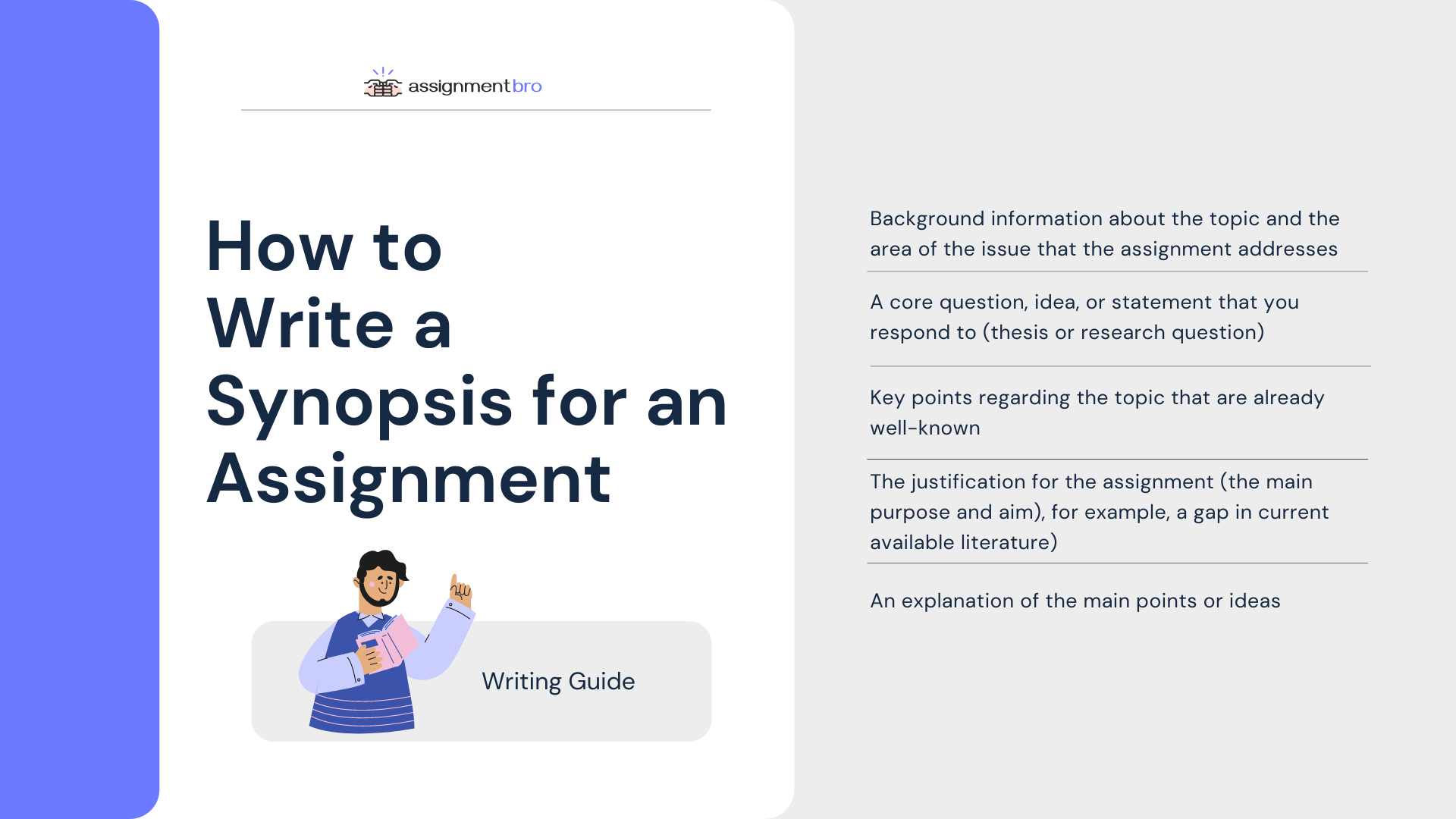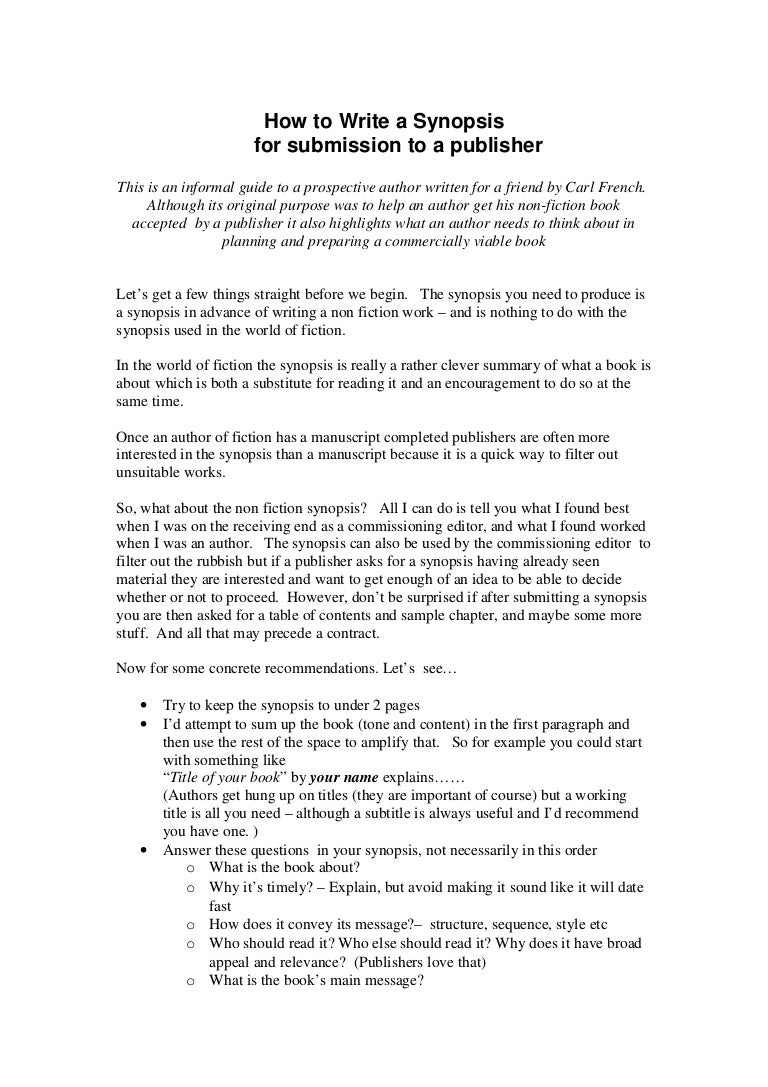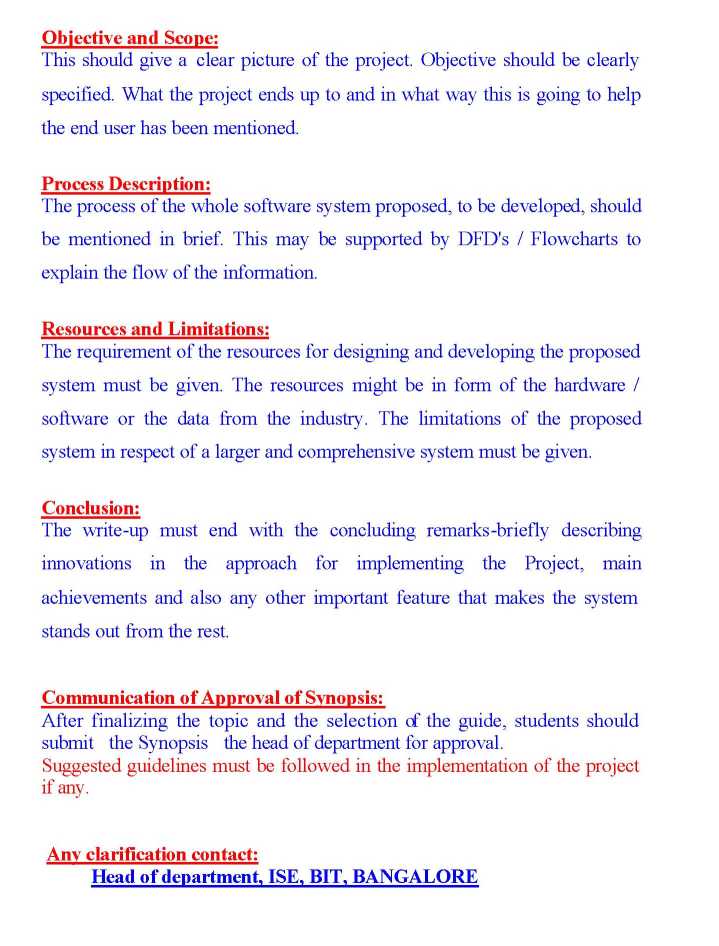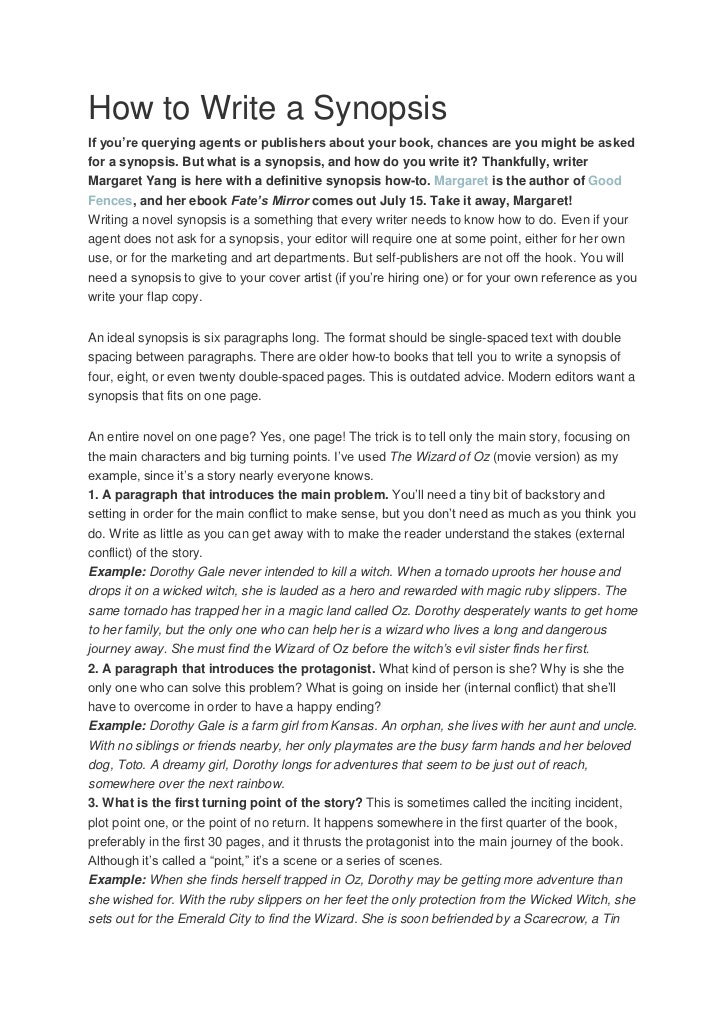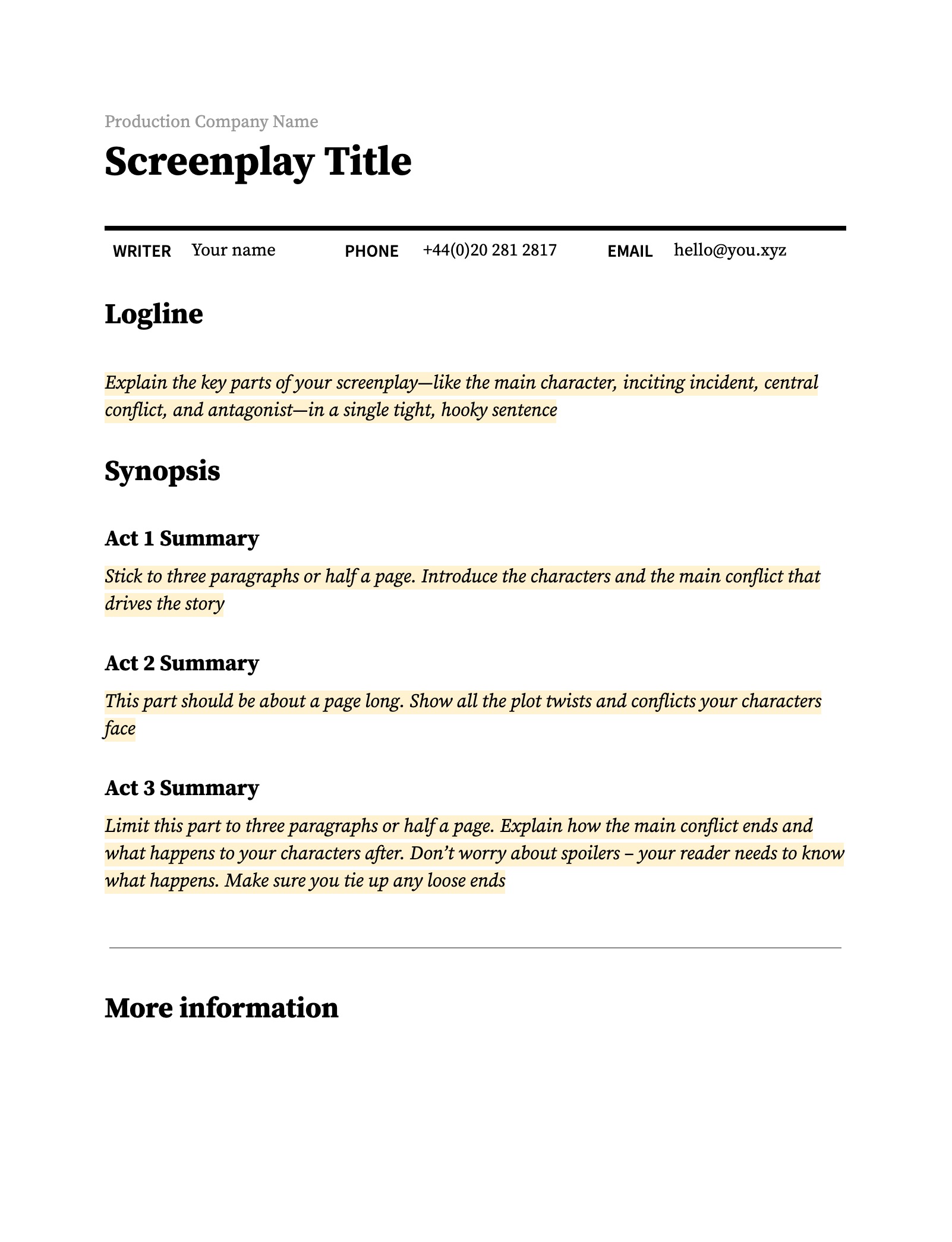Stunning Tips About How To Write A Great Synopsis
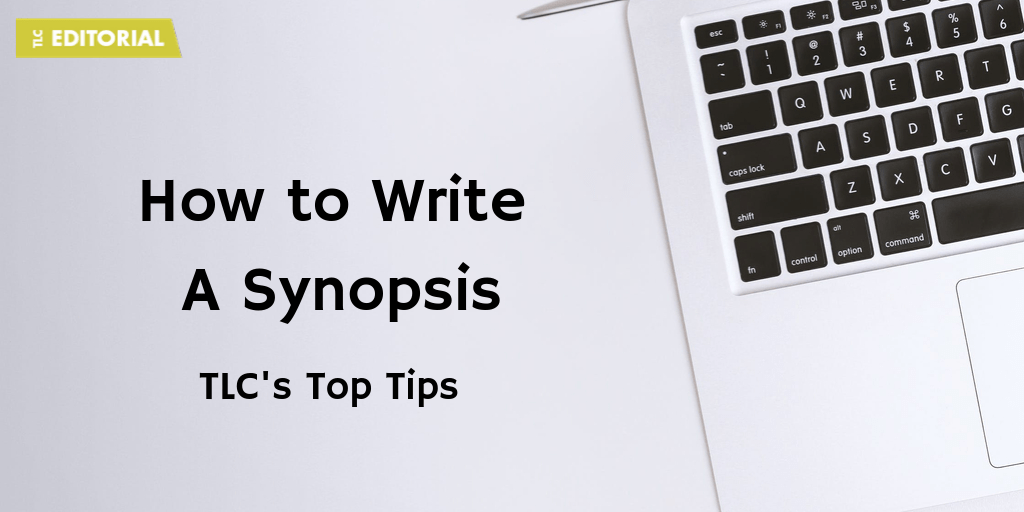
How to format a synopsis.
How to write a great synopsis. (it’s ok to inject a few strong quotes from your characters, but keep them brief.) finally, even. Get the basics down first. When it comes to writing a synopsis, substance is the name of the game.
Examine the structure of your novel and include all the main plot points; Why it’s important to summarize through specificity. How to write a good synopsis.
But there’s one thing left to do: Also known as a summary or an outline, its a condensed statement of a large piece of work to the point and in an effective. What is the goal of the novel synopsis?
After writing a novel, condensing it down to a short synopsis may seem impossible. What’s the difference between a. A sample synopsis for jacob wonderbar and the cosmic space kapow.
How to write a great book synopsis. When to use a synopsis? A synopsis is an overview that gives an idea of what a piece of writing is about.
When writing your synopsis, focus on the essential parts of your story, and try not to include sections of dialogue unless you think they’re absolutely necessary. It’s like an outline, but with more structure. They begin on a new page and should have all your contact information in the upper left corner of the first page.
Who is the main character? A synopsis is a brief and general view of a storyline and other defining factors of a literary work. The synopsis must contain the full story, inciting incident, main turning points and overall narrative arc, just in a shortened version.
What is a book synopsis? But the book synopsis is an integral. While you might have to write one for agents if you’re querying, synopses can be helpful as you begin exploring a story idea.
Give a brief description and explain what they want. A novel, book or movie synopsis is a document given to a literary agent so. Sep 8, 2021 • 4 min read.
Ensure you stick to the word count; What event/decision/change prompts the protagonist to take their initial action? A good synopsis includes what the character does, feels, and confronts, but it does not include every detail of the plot.

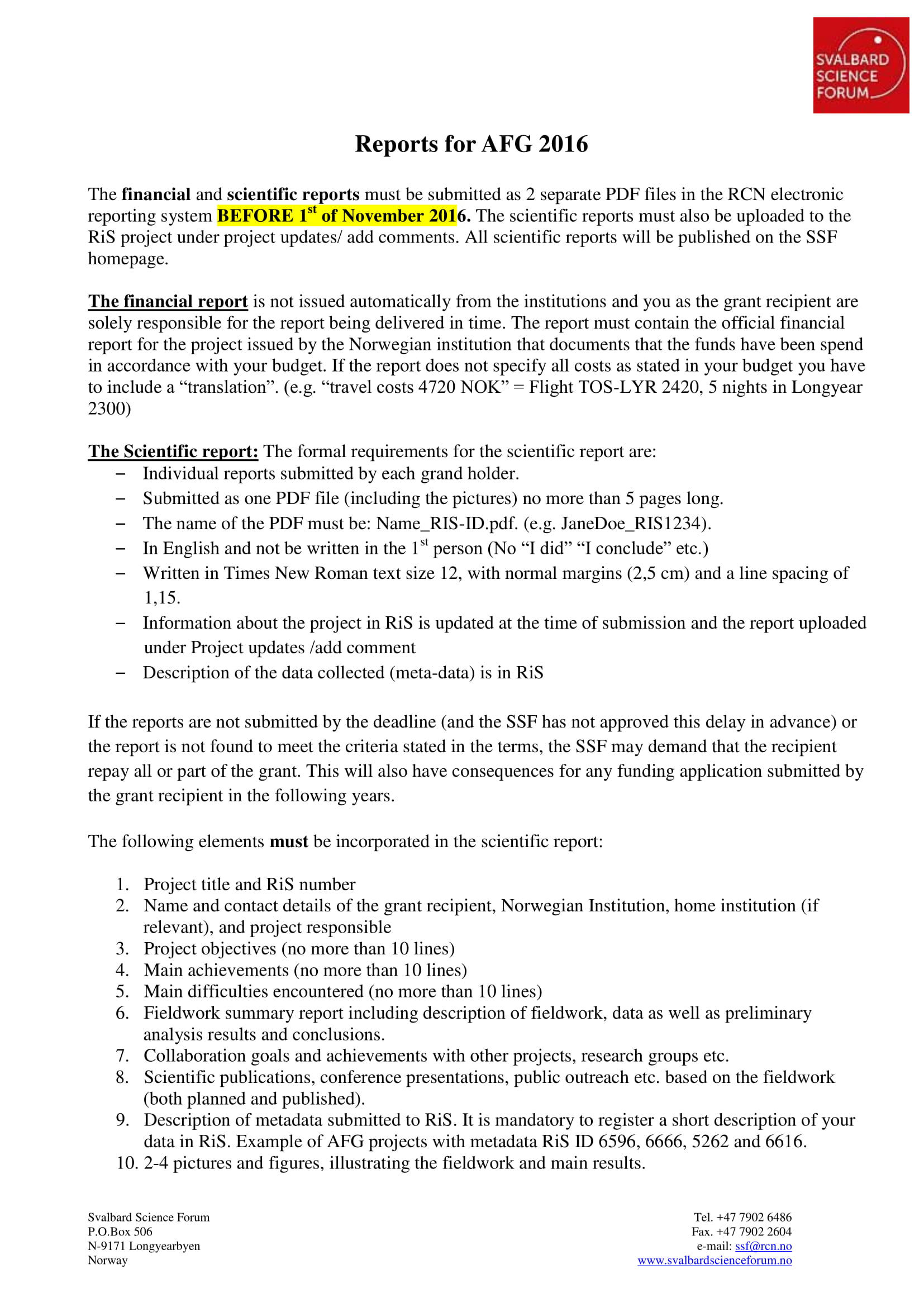


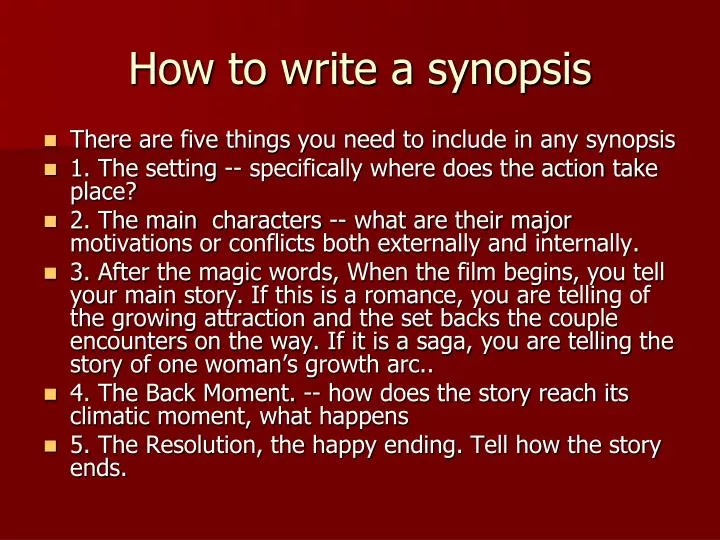


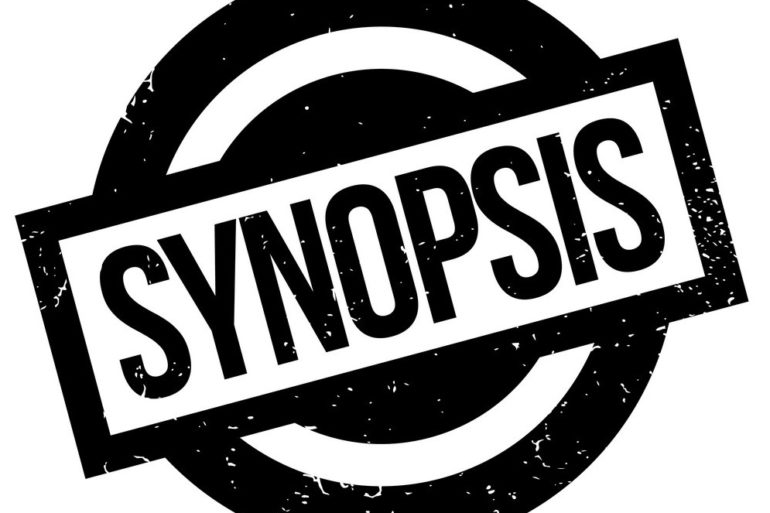
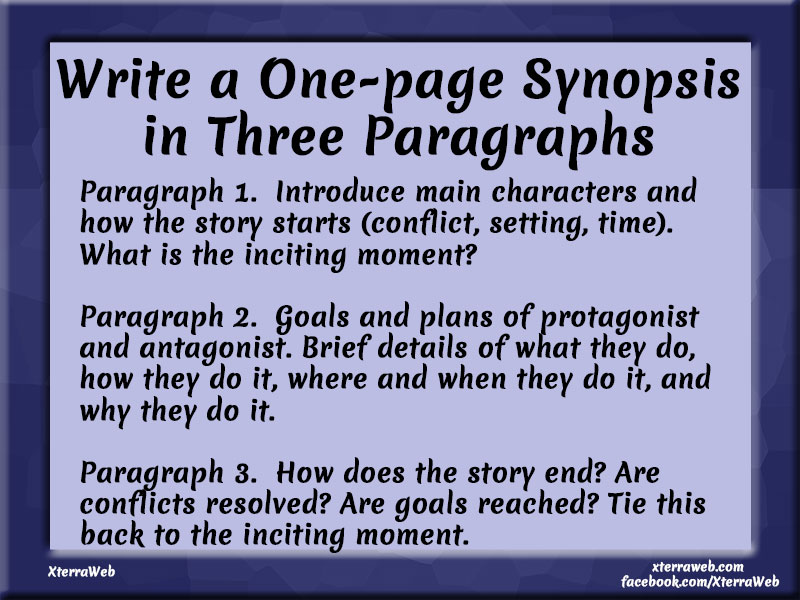
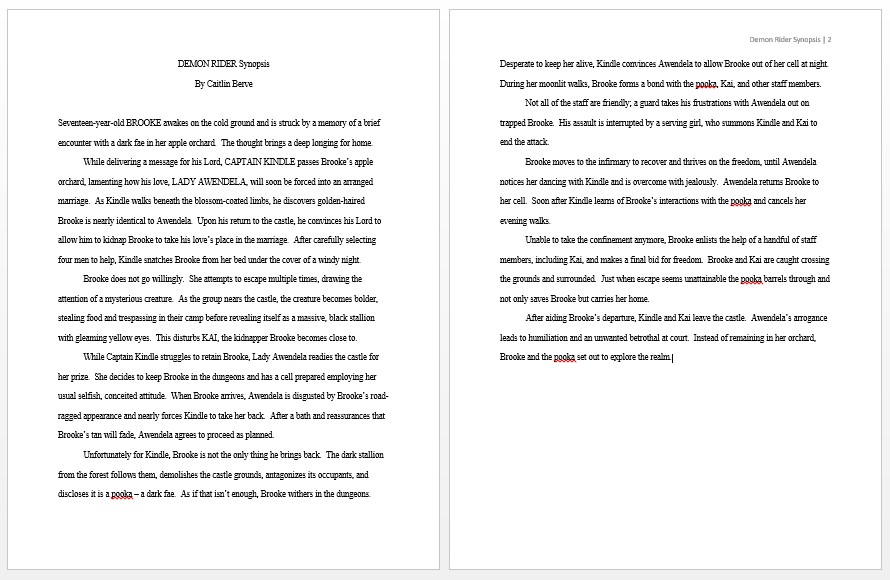.jpg)


